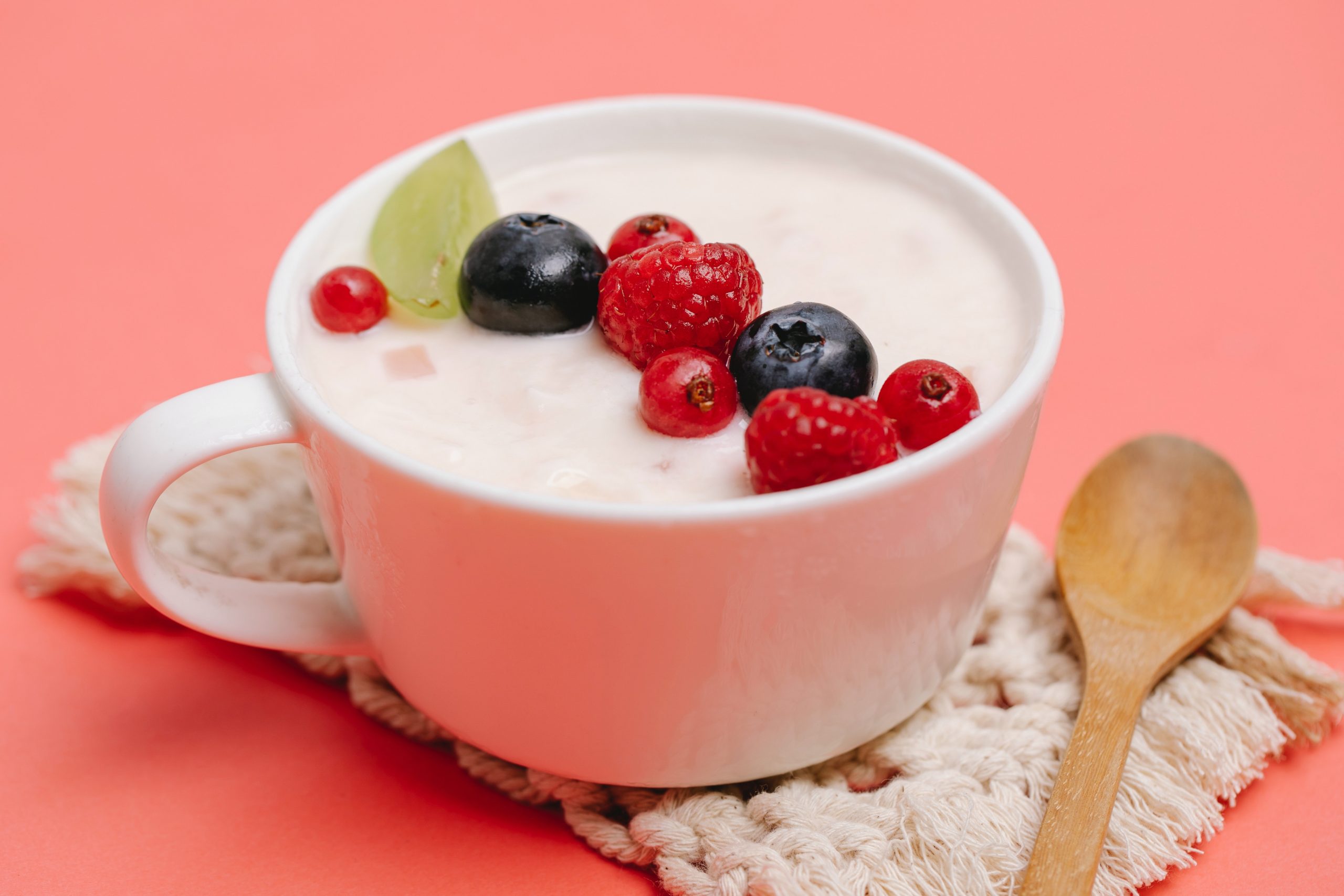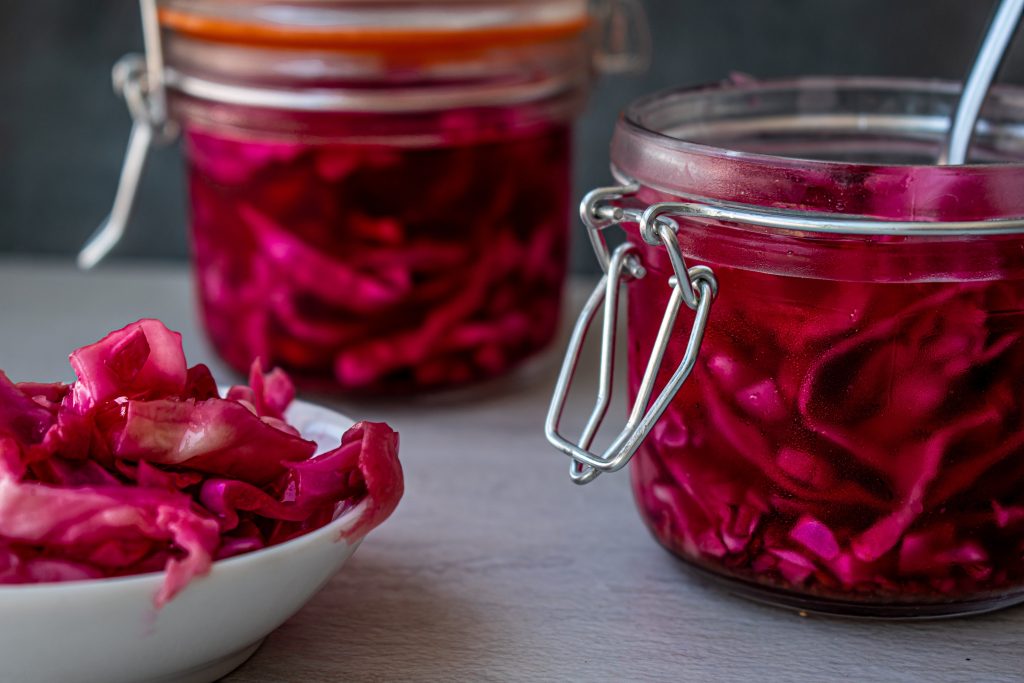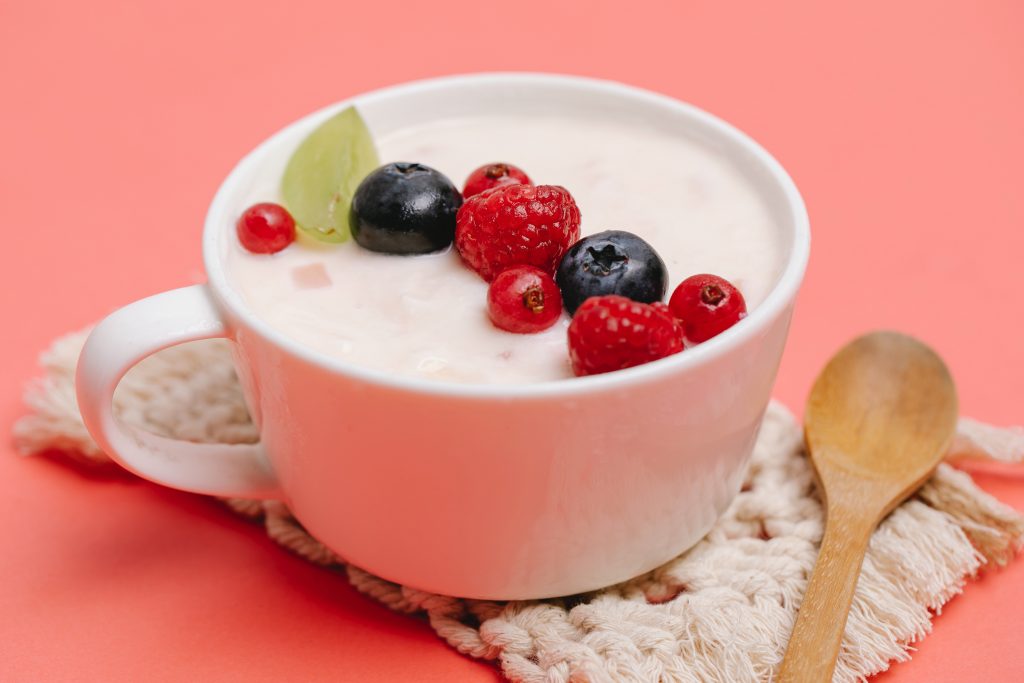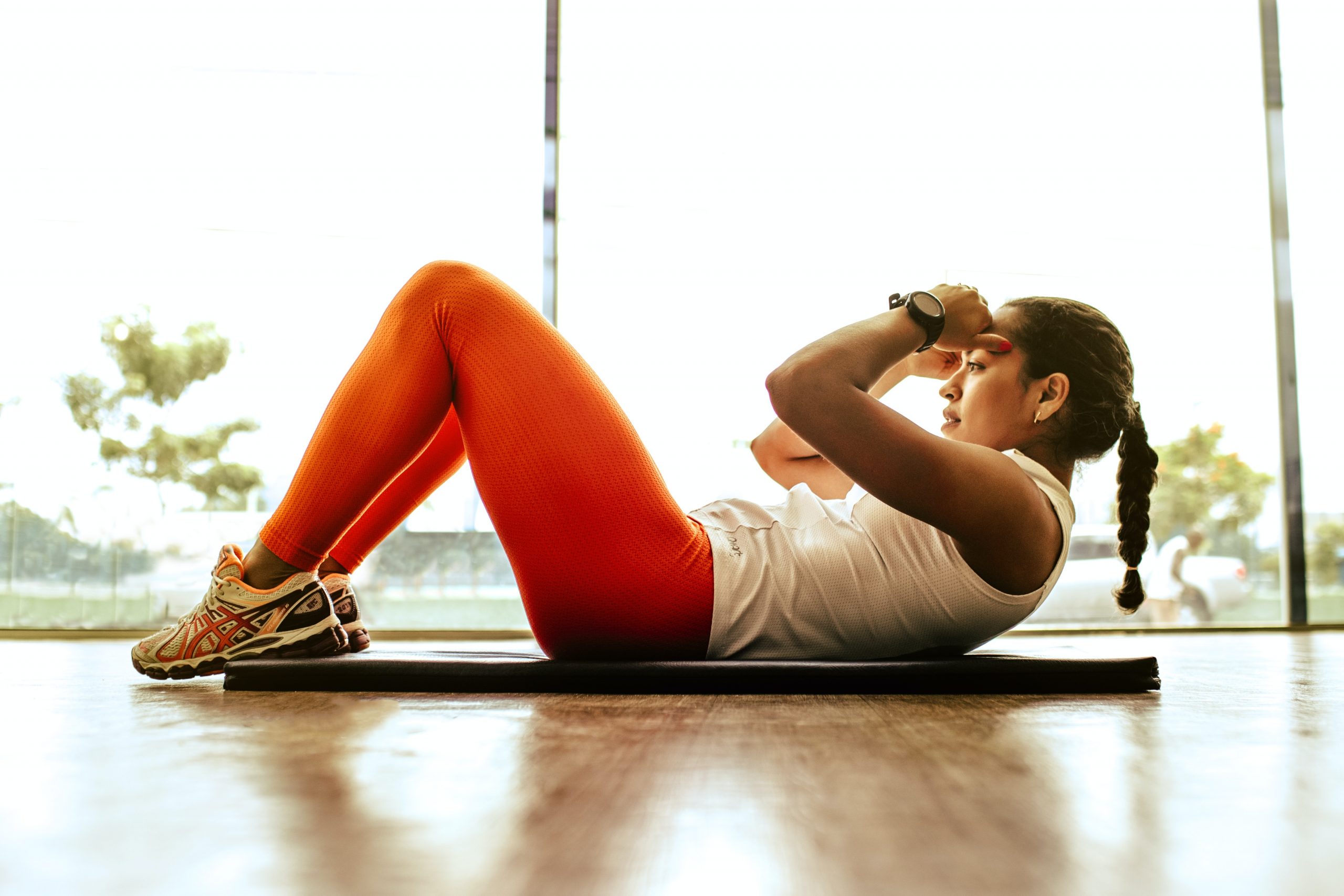
Benefits of Probiotic Foods
The Critical Importance of Your Microbiome
You might have thought we knew all there was to know about the human body. In recent years, however, there has been an increased focus not just on the genome, but also on the importance of the gut and microbiome to your health and wellbeing. This includes the benefits of probiotic foods to the microbiome, which can affect everything from digestion to mood to cognitive sharpness.
The “microbiome” comprises the tiny organisms that colonize all of us — the bacteria and other microscopic friends you have in your gut, on your skin, and in your mouth and nose (for example) that keep you healthy. And the main benefits of probiotic foods come from their ability to help keeping this balance just so.
Indeed, numerous diseases and autoimmune conditions are associated with either a microbiome with the wrong ratio of microorganisms or an insufficiently diverse microbiome. Diet, exercise, and sleep quality also affect your microbiome — which in turn affects your overall health — but food is crucial.
By ingesting the right probiotic foods, you can encourage the growth of the particular organisms you need and discourage the growth of harmful (pathogenic) microorganisms, like parasites and viruses, that you want to avoid.
Benefits of a Healthy Microbiome
By doing your part to help good bacteria in your gut proliferate, you can:
- Keep your digestive system healthy, which is essential to eliminating waste and toxins and maintaining energy levels.
- Lose weight or maintain a healthy body mass index (BMI).
- Keep your skin clear, healthy, and youthful. While the microbiome people generally refer to means the one in your gut, your skin has its own microbiome which also needs to be maintained.
- Boost your immunity. Healthy microbiomes are being studied for their ability to fight cancers via the immune system and are better able to trigger tumor-suppressing mechanisms. As mentioned earlier, a healthy gut can ward off harmful pathogens like viruses and bacteria.
- Fight inflammation, which is a driver for disease. Research suggests that chronic inflammation — that is, inflammation that isn’t the result of a particular stress — and the ensuing imbalance chronic stress causes in the microbiome can lead to all sorts of health issues, including obesity, diabetes, inflammatory bowel disease, and even certain cancers.
- Keep your mood stable and positive, something millions of Americans and people all over the world could surely use after a most stressful period. A healthy gut can help reduce anxiety and depression.
Helping Your Microbiome
Just as your microbiome shapes your mood and outlook, so you can shape your microbiome through the foods you eat, as well as the foods you avoid, including red meat, highly-processed refined foods, sugar, and alcohol.
One of the most time-honored and delicious ways you can ingest probiotics is through fermented and cultured foods. Advantages to consuming whole foods rich in probiotics include:
- Variety in the spectrum of beneficial microorganisms consumed
- Increased absorption of other nutrients those foods contain
- Increased consumption of prebiotics, which are indigestible substances like fiber in vegetables whose presence helps your body absorb and even generate more helpful bacteria
- The simple enjoyment of a diet that is balanced, healthy and delicious
The Best Probiotic Foods
Classic probiotic-rich foods include cultured dairy products like yogurt, kefir, and labneh. These can also be increasingly found made with nondairy milks like cashew, almond, and coconut for those who do not consume dairy. But there are others, too, and these include:
- Tempeh: This is a soy-based fermented food originally from Indonesia. It can be used in recipes calling for tofu. Tempeh is firmer, has more texture, and is even healthier, as unlike tofu, it is cultured. In addition to probiotics, tempeh is also high in protein and phytonutrients.
- Fermented vegetables: These are traditionally used to provide sustenance and nutrition in cold countries through the winter months. Examples include sauerkraut, with cabbage and caraway seeds; lacto-fermented cucumbers, better known as kosher pickles; and kimchi, the spicy Korean classic.
- Kombucha: This is an increasingly popular fizzy Russian drink made through a fermentation process with tea and a SCOBY (“symbiotic culture of bacteria and yeast”).
- Sourdough bread: Sourdough breads are made from a starter of flour and water, which then collects wild yeast from the environment to rise. Sourdough is better for the microbiome than typical supermarket bread, which is made with rapid yeast and more sugar. Typical supermarket white bread can spike your blood sugar, whereas sourdough provides slow-releasing energy and helps increase good bacteria in the microbiome. It also gives you prebiotic fiber, since it is often made with whole grains.
Incorporating probiotic foods like the ones listed above into your daily diet is rewarding and also fun. For example, a spoonful of kimchi can really liven up a salad bowl. It’s also a great home activity to make probiotic foods yourself, like lacto-fermented cucumbers, yogurt, or sourdough bread. Probiotic foods for women are particularly popular, as they can help with hormonal imbalances, healthy skin, and healthy aging (among other subcategories).
When trying to get enough of the benefits of probiotic foods, it can be hard to remember the details of how much, which kind you’ve eaten, and when. To make things easier, the MyLifeWell app has a nutrition tracker and meal planning feature which make it easy to get your daily probiotic quotient as you also keep track of your nutrition and overall wellness goals. The app provides a wealth of information about ingredients and recipes to make healthy living fun, attainable, and trackable.

Probiotic Supplements
Whole foods tend to be favored by nutritionists over supplements because of their holistic benefits. However, millions of Americans take probiotic supplements, and these have their uses. For example, probiotic supplements have been shown to be help when patients have taken a round of antibiotics and they need their good bacteria restored (antiobiotics work by wiping out both good and bad bacteria).
There are many brands on the market, with strains tailored to the precise issues consumers want addressed. The strain Bifidobacteium infantis has been shown to help reduce bloating. And Lactobacillus paracasei may be beneficial for sufferers of acne, rosacea and other skin complaints.
With more and more Americans suffering stress and anxiety as a result of pandemic, but also wanting to take their health into their own hands, MyLifeWell is designed as your comprehensive resource to help you navigate the world of wellness and find every resource you need, all in one place.


